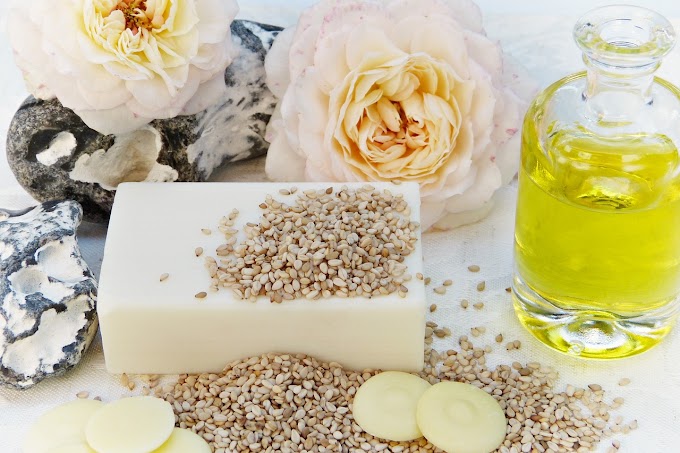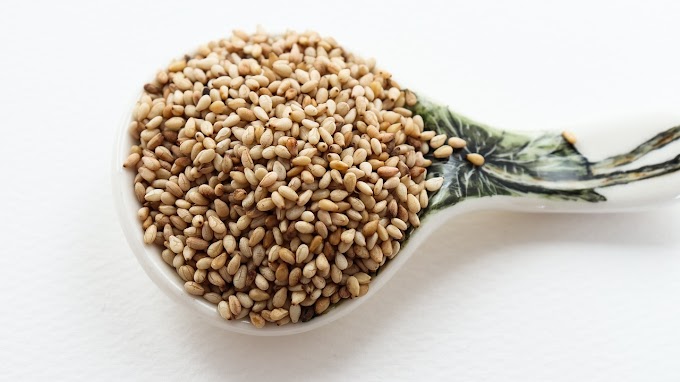Panchakarma Treatment: A Ayurvedic Detoxification
Introduction
In today's fast-paced world, characterized by stress and unhealthy lifestyle choices, individuals are increasingly turning to holistic approaches to wellness. Panchakarma Treatment, rooted in Ayurveda, the traditional Indian system of medicine, has gained popularity as an effective detoxification and restoration process, aiming to re-establish the body's natural balance. This blog post delves into the essence of Panchakarma Treatment, its benefits, and the diverse strategies involved. |
| kadha |
Panchakarma Treatment: Derived from the Sanskrit words "Pancha" (meaning five) and "karma" (meaning activities), Panchakarma is a comprehensive therapeutic regimen designed to purify and rejuvenate the body, mind, and soul. Employing a unique five-fold approach, it focuses on eliminating toxins, restoring balance, and enhancing overall well-being.
The Five Phases of Panchakarma:
Vamana (Emesis): The initial step involves controlled therapeutic vomiting after preparatory measures like Ayurvedic oils and massages. Beneficial for respiratory issues, allergies, and Kapha-related imbalances, Vamana expels excess mucus and toxins from the upper respiratory tract and stomach.Virechana (Purgation): This phase concentrates on cleansing the intestines, and eliminating excess bile and toxins from the liver and gallbladder. Effective in balancing Pitta dosha, Virechana treats conditions such as jaundice, skin disorders, and digestive issues.
Basti (Enema): Administering medicated herbal enemas, Basti is crucial for eliminating toxins and balancing Vata dosha. Cleansing the colon and lower bowels plays a significant role in the overall detoxification process.
Nasya (Nasal Administration): In this phase, medicated oils or herbal preparations are administered through the nasal passage. Nasya clears sinuses, eliminates toxins from the head and neck region, and helps balance Kapha and Pitta doshas.
Rakta Moksha (Bloodletting): The final phase involves the purification of blood, which is particularly beneficial for skin and blood-related issues. Controlled removal of a small amount of blood helps treat conditions like acne, skin inflammation, and persistent skin disorders.
 |
| Detox |
Benefits of Panchakarma:
Detoxification and Cleansing: Panchakarma's primary goal is to cleanse the body of accumulated toxins, enhancing organ function and overall bodily systems.Stress Reduction: The therapeutic procedures in Panchakarma promote deep relaxation, reducing stress, anxiety, and mental fatigue.
Enhanced Digestion: By cleansing the digestive system and improving metabolism, Panchakarma supports better digestion and nutrient assimilation.
Boosted Immunity: Strengthening the immune system, Panchakarma enhances the body's natural defense mechanisms.
Rejuvenation and Anti-Aging: Panchakarma promotes cellular rejuvenation, enhancing youthful appearance and increased vitality.
Improved Sleep Quality: Many individuals experience improved sleep patterns and quality after undergoing Panchakarma Treatment.
Weight Management: Indirectly supporting weight management, Panchakarma aids in maintaining a healthy weight by improving metabolism and detoxifying the body.
Relief from Chronic Ailments: Panchakarma can be beneficial for managing chronic conditions such as arthritis, diabetes, asthma, and skin disorders.
Emotional Balance: The stress-reducing effects contribute to emotional stability, aiding in coping with anxiety, sadness, and mood swings.
Enhanced Vitality and Energy: The rejuvenating effects of Panchakarma boost energy levels, making individuals feel more alert and enthusiastic.
Balanced Hormones: Panchakarma helps balance hormonal levels, particularly beneficial for women dealing with menstrual irregularities or menopausal symptoms.
Improved Skin Health: Detoxification and rejuvenation lead to clearer, healthier, and glowing skin, benefiting individuals with various skin issues.
 |
| Health Tips |
Precautions and Considerations: Before undergoing Panchakarma Treatment, consultation with a qualified Ayurvedic practitioner is essential. Pregnant women, children, and the elderly should approach the therapy cautiously and only under expert guidance.
Conclusion: Panchakarma Treatment, rooted in ancient Ayurvedic practices, offers a holistic approach to detoxification and revitalization. Through its five-fold methodology, individuals can reap significant benefits for their physical, mental, and emotional well-being. If you seek a natural and comprehensive way to cleanse and recharge your body, consider exploring the transformative potential of Panchakarma.
FAQ's
1. What is Panchakarma Treatment?Panchakarma is a holistic Ayurvedic therapeutic approach aimed at purifying and rejuvenating the body, mind, and soul. It follows a unique five-fold process to eliminate toxins, restore balance, and enhance overall well-being.
2. Who can benefit from Panchakarma?
2. Who can benefit from Panchakarma?
Panchakarma is beneficial for individuals facing various health issues, including respiratory problems, skin disorders, digestive issues, and those seeking overall detoxification and rejuvenation.
3. Is Panchakarma suitable for everyone?
3. Is Panchakarma suitable for everyone?
While Panchakarma is generally safe, it is crucial to consult with a qualified Ayurvedic practitioner before undergoing the treatment. Pregnant women, children, and the elderly should approach it with caution and under expert guidance.
4. How long does a Panchakarma treatment session last?
4. How long does a Panchakarma treatment session last?
The duration of a Panchakarma session can vary based on individual needs and the specific treatment plan. It is recommended to discuss the expected duration with your Ayurvedic practitioner.
5. Are there any side effects of Panchakarma?
5. Are there any side effects of Panchakarma?
When performed under the guidance of a qualified practitioner, Panchakarma is generally safe. However, some individuals may experience mild side effects during the detoxification process. These effects are usually temporary and part of the healing journey.
6. How often should one undergo Panchakarma?
6. How often should one undergo Panchakarma?
The frequency of Panchakarma sessions depends on individual health goals and conditions. It is typically recommended as a seasonal detox or as part of a holistic wellness plan. Your Ayurvedic practitioner will provide personalized guidance.
7. Can Panchakarma help with weight loss?
7. Can Panchakarma help with weight loss?
While not a direct weight loss treatment, Panchakarma indirectly supports weight management by improving digestion, detoxifying the body, and balancing metabolic functions. It contributes to overall well-being, which can impact weight positively.
8. Is Panchakarma only for physical health, or does it address mental well-being too?
8. Is Panchakarma only for physical health, or does it address mental well-being too?
Panchakarma is designed to holistically address physical, mental, and emotional well-being. The therapeutic procedures involved contribute to stress reduction, enhanced sleep quality, emotional balance, and increased vitality.
9. Are there any dietary restrictions during Panchakarma?
9. Are there any dietary restrictions during Panchakarma?
Ayurvedic practitioners often recommend dietary modifications during Panchakarma to support the detoxification process. These recommendations are individualized and may include specific foods and herbal supplements.
10. Can Panchakarma be performed at home?
10. Can Panchakarma be performed at home?
Panchakarma is a specialized Ayurvedic treatment that should ideally be conducted under the supervision of a qualified practitioner in a controlled environment. Attempting it at home without proper guidance may not yield the desired results and can pose risks.







